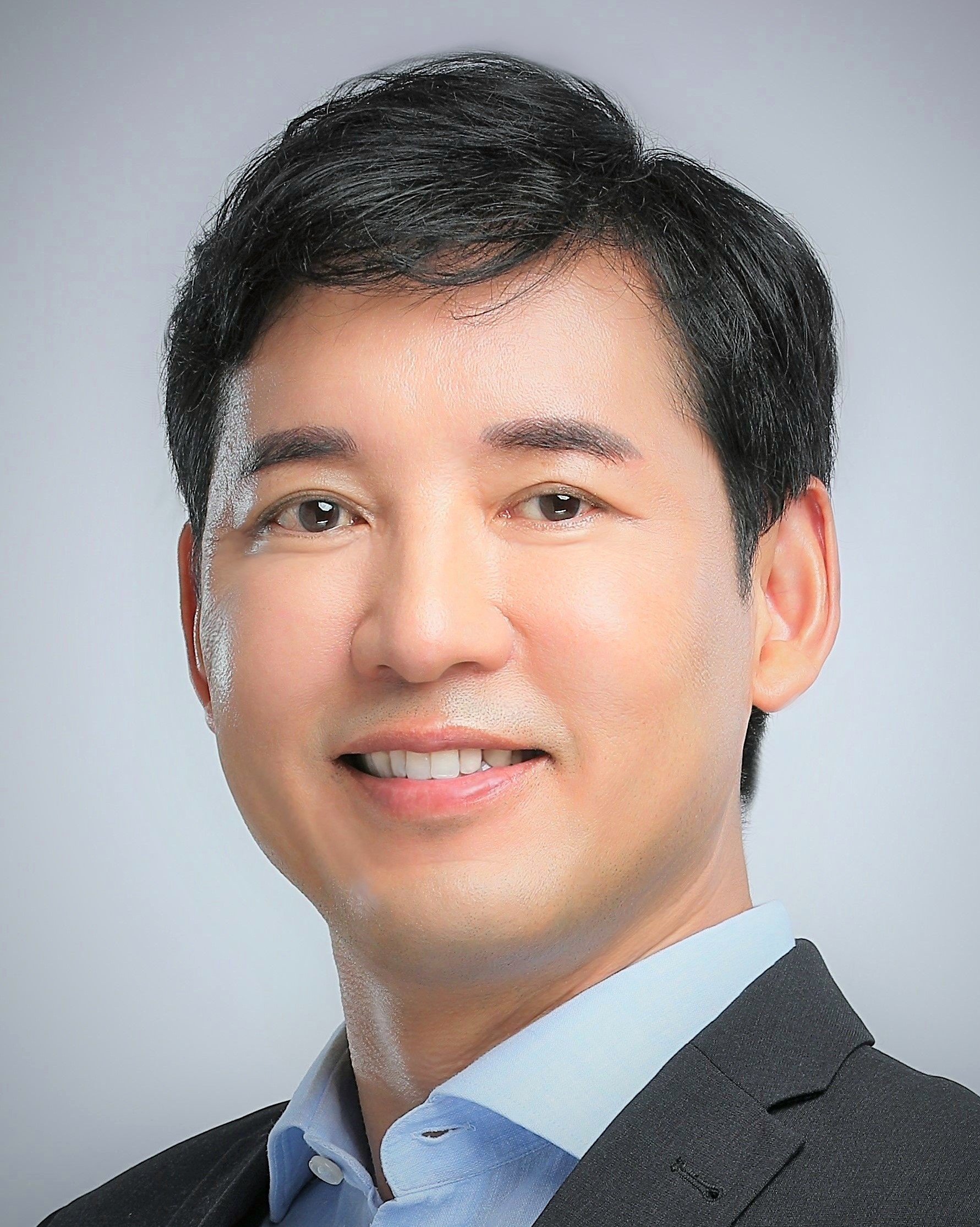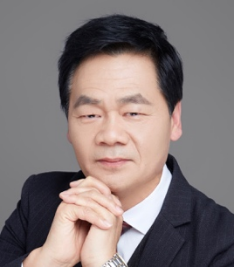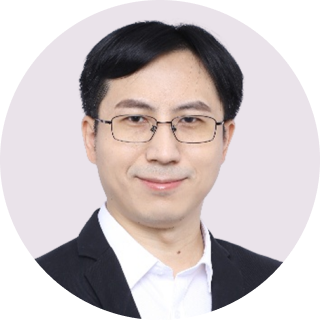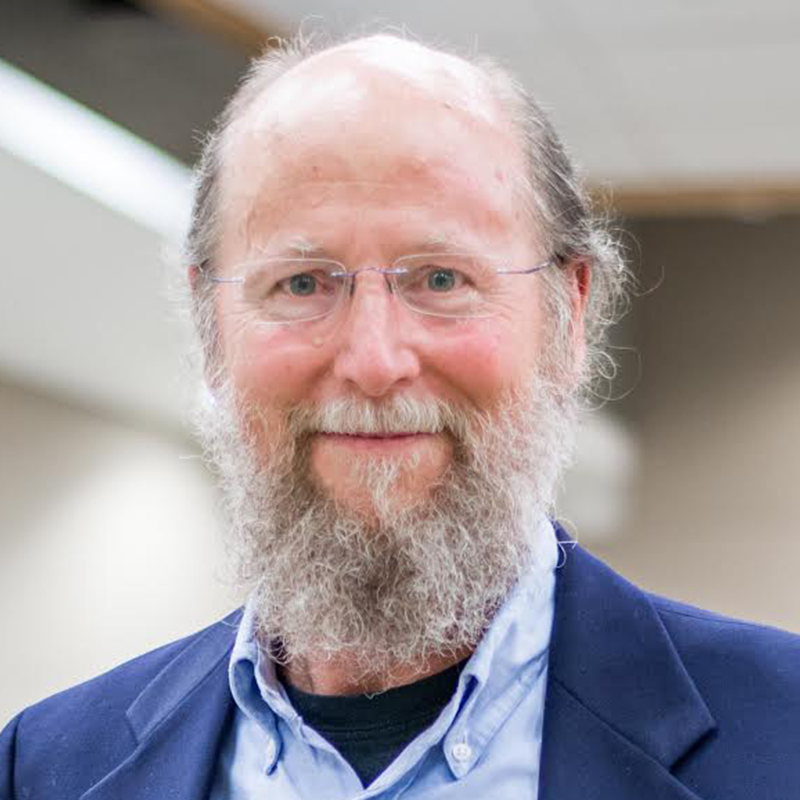特邀嘉宾
讲者介绍
张建伟
德国汉堡大学
报告题目: 多模态具身智能连接世界模型、造福人类
郭正晓
香港大学
Prof. Guo is a Member of Academia Europaea (MAE), a Fellow of the Royal Society of Chemistry and of the Institute of Materials, Minerals and Mining (IoM3), a joint-faculty Chair Professor of Chemistry and Engineering at the University of Hong Kong, and an Honorary Professor at University College London (UCL). He was, respectively, a Professor of Chemistry and a Pro-Provost (Associate Vice President)/Ambassador at UCL (2007-18), and prior to this, a Lecturer to Professor (1995-2007) at Queen Mary University of London, a research fellow at the University of Oxford (1990-95) and of Strathclyde (1988-90), with a PhD from the University of Manchester (1988), and a BEng from Northeastern University/China.
He has contributed to multidisciplinary science and technologies in “Materials Chemistry for Energy, Environment and Healthcare”, creatively integrating theory, simulations, machine-learning with experimental development to enable understanding of fundamental insights and effective advancement of nanostructures and processes. He has co-authored over 300 publications, including Nature series, JACS / Angwdte Chem., and Advanced Materials series, He was awarded the Sir Beilby Medal and Prize (1st recipient of Chinese heritage), jointly by the Society of Chemical Industry, the Royal Society of Chemistry, and the Institute of the Minerals, Metals and Materials; and the Lee-Hsun Lecture Award from the Institute of Metal Research, Chinese Academy of Sciences. He has led/co-led many initiatives, such as an UGC-TRS consortium, an “Inno@HK Quantum AI Lab” and RGC-EU award at HKU in recent years.
报告题目: AI in Chemistry – Challenges and Opportunities
Chemistry underpins the quality of life and the life of industry. Compounded challenges of resource constraints, carbon-neutrality and increasing demand call for re-thinking of current practices and urgent exploration of untapped chem-space. Fundamentally, chemistry is about the harnessing of interactions, or bonds, between atoms and molecules for the manufacturing of desired products with minimal atom and energy costs. Despite centuries of development and many Nobel Laurates in the area, the fundamental challenge of bond breaking and forming is still not in our full grasp. This is limited by our poor understanding of the mechanistic processes and inadequate mastery of the entwined dynamics at multi- spatial and temporal scales.
Unprecedented development in machine learning (ML) provides great opportunities to augment the inadequacies of theory and experiment in chemistry, to accelerate the discovery of new structures and their manufacturing processes. From recent examples, the presentation will offer the following perspectives: 1) Integration of “deep-research”, entwining theory, simulations, machine-learning (ML) and experiment, for the discovery of molecules and materials for wide applications; 2) Development of electronic structural descriptors, valence band-alignment criteria, and machine-learning potentials to extend deep insight into charge-carrier dynamics and chemical reaction pathways; 3) Embed theoretical principles in machine-learning for interpretable reasoning, avoiding “black-box” findings ; 4) Delivery of tailored functional structures and modular devices (e.g. batteries / electrolysers / reactors / refinery systems) with digitally entwined software packages to demonstrate an intelligent manufacturing platform; 5) Establishment of self-driving Robo-Chem Synthesis Laboratory for ML-informed formulation, synthesis and rapid screening of chemical candidates; and, ultimately, 6) Reverse engineering and forward exploration, from performance demands to in silico ML optimisation of synthesis routes and chemical preform formulations. Overall, the future will witness a new paradigm in AI entwined chemistry, ChemAIstry, for accurate and efficient innovation, training and education in Chemistry.
秦涛
北京中关村学院
北京中关村学院准聘副院长、中国科学技术大学客座教授、博士生导师, ACM、IEEE 资深会员,研究成果被引用超过34,000次,h指数80+,i10指数250+。曾任微软全球研究合伙人,微软科学智能研究院亚洲区负责人。研究领域涵盖深度学习、强化学习以及它们在自然科学、自然语言处理、语音和图像处理等方面的应用。 近期的研究重点是AI与自然科学的交叉,旨在为药物研发、生命科学、材料设计等自然科学多个领域设计基座大模型和快速算法。
报告题目: The Path to General Superintelligence
Over the past few decades, we have witnessed AI achieving superhuman performance in specific tasks, primarily in gaming. In just the last few years, we have observed foundation models making breakthroughs toward general human intelligence—matching or even surpassing human performance across a wide range of tasks. What comes next? Clearly, the next milestone will be general superintelligence. In this talk, I will share my thoughts on the path to general superintelligence, with a focus on reinforcement learning's crucial role. I will also explore how embodied AI and scientific AI (AI4Science) contribute to this journey toward GSI and their connections to reinforcement learning.
Richard Sutton
加拿大阿尔伯塔大学
Research Scientist, Keen Technologies
Professor, Department of Computing Science, University of Alberta
Principal Investigator, Reinforcement Learning and Artificial Intelligence Lab
Canada CIFAR AI Chair, Alberta Machine Intelligence Institute (Amii)
Chief Scientific Advisor, Amii
Founder, Openmind Research Institute
Chief Scientific Officer, ExperienceFlow
报告题目: Developing the Foundations of Reinforcement Learning: A conversation with 2024 Turing Award Recipient Prof. Richard Sutton



